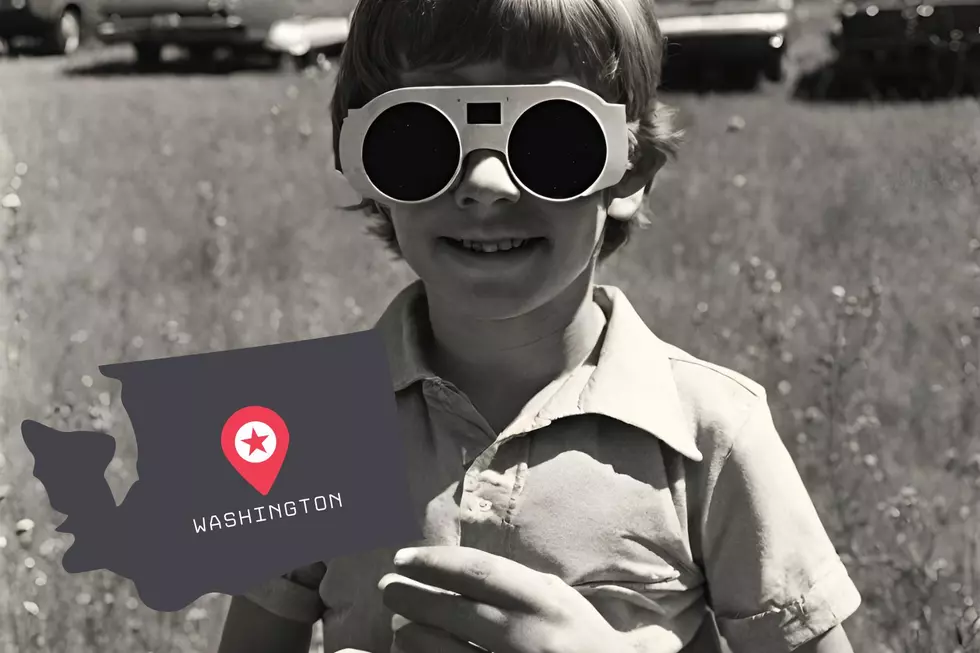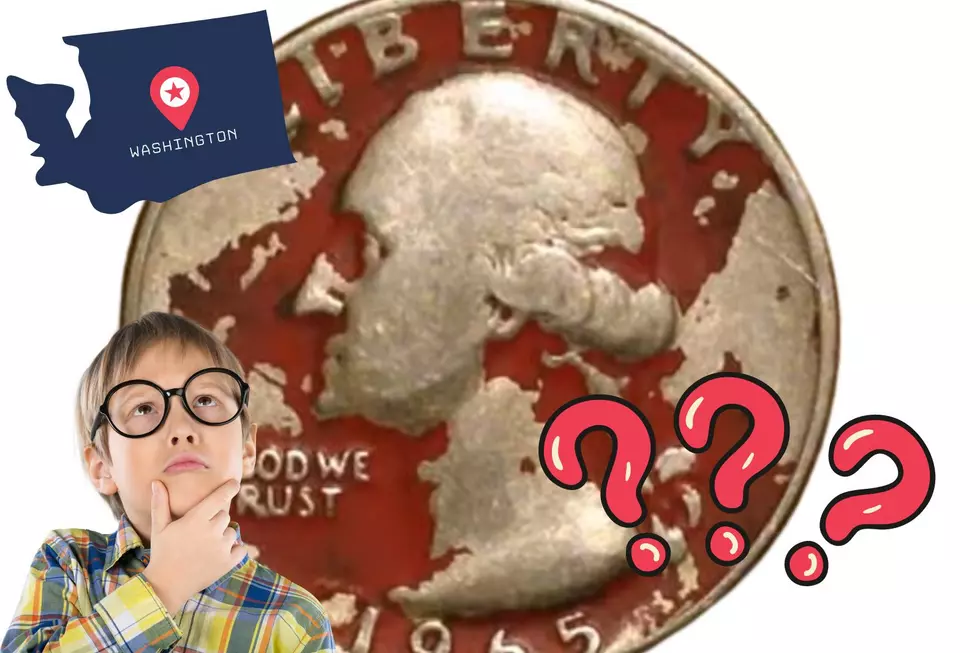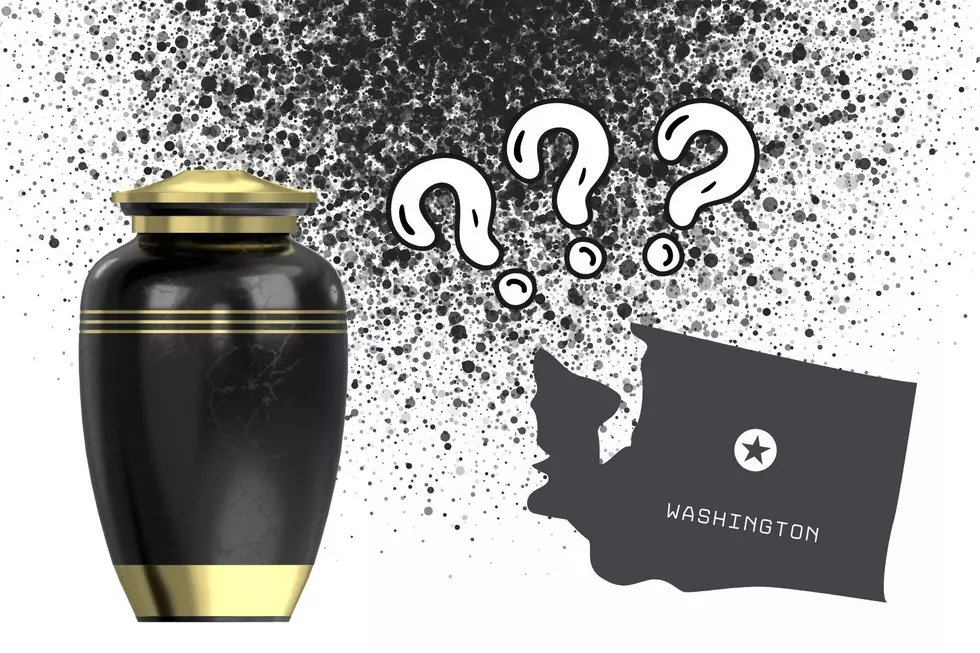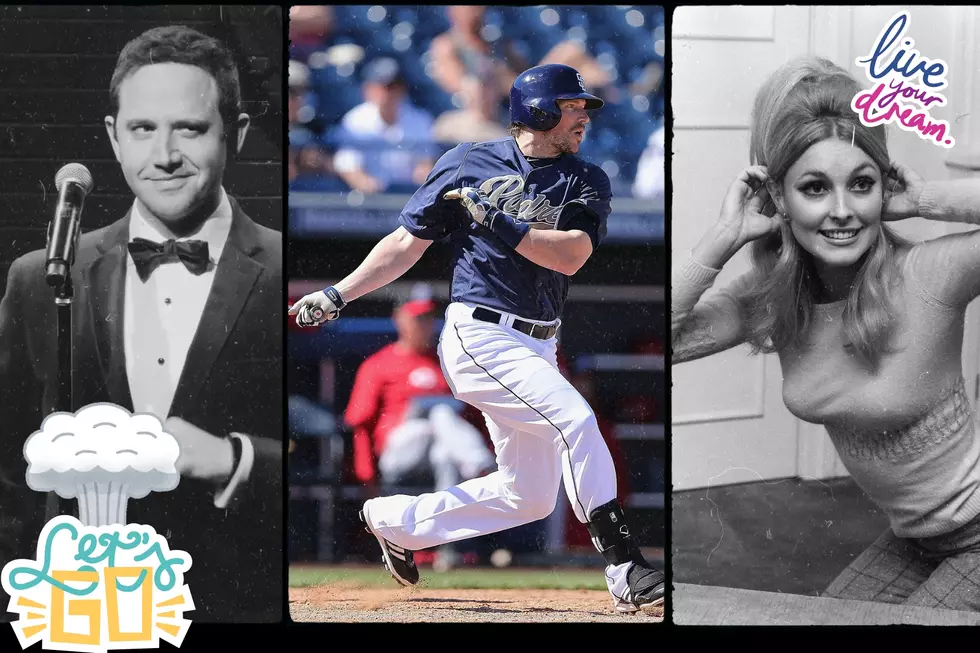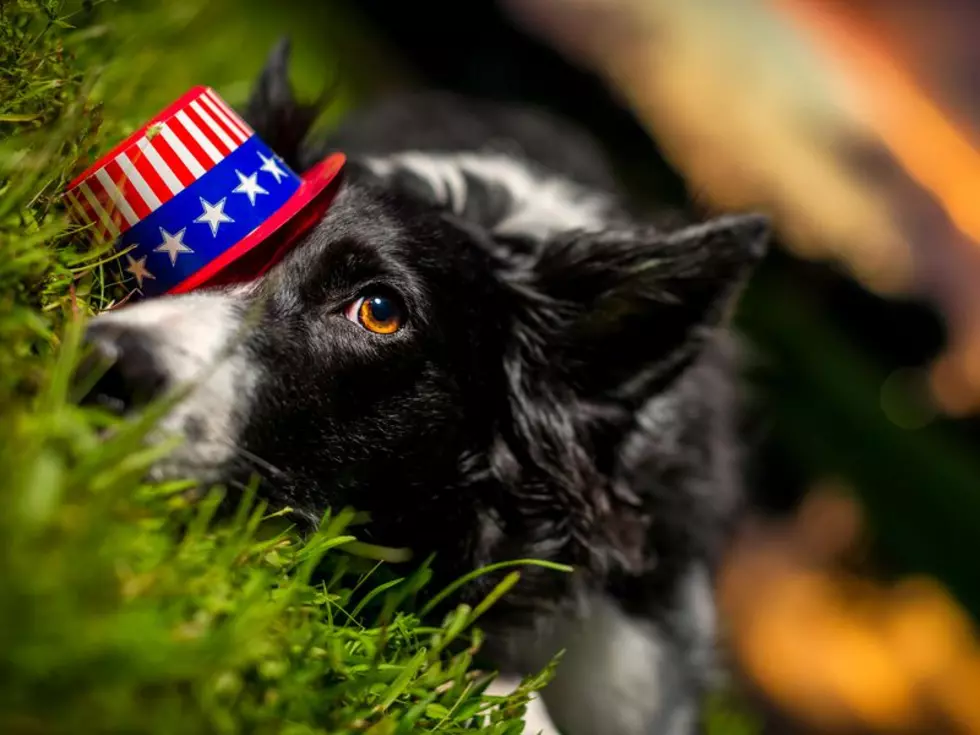
Why Fireworks Scare Some Dogs, But Not Others
My poor, poor poochie on the 4th of July. Body shakes, ears pinned way back, can't get the big trembling sweetie from under the bed. He's never been a bathtub boy. Every year, the same thing. And in 2020? With no community blasts planned because of COVID-19, we're on our own around the cul-de-sac to celebrate our freedom by blowing up a small part of it, illegally?
So, why is it big rapports of fireworks in the sky (or thunderstorms for that matter) eliciting oohs and aahs from people, will drive some dogs batty, and others don't bat an eye?
Dogs are known for their prowess with the ol' sniffer, but sound also dictates their experience of the world. Dogs hear more than twice as many frequencies as humans, and they can also hear sounds roughly four times further away. Reacting to every sound would demand too much energy, and so dog brains must determine which sounds are significant and which can be tuned out.
This “auditory flexibility” is especially important for working dogs; for example, lives depend on the ability of military dogs and detection dogs to remain calm despite the loud sounds and explosions they may encounter.
On the other hand, evolution has trained most animals, including dogs, that avoiding a perceived threat is worth it for overall survival, even if, as in the case of fireworks, the threat doesn’t end up being real.

Early life conditioning can make the difference in their sensitivity to sound. Like human infants, puppies undergo critical stages of development when their brains form associations that can influence behavior for the rest of their lives.
After 12 weeks of age, or about when most dogs are adopted, they start to develop their fear response. So, if they encounter something new after three months of age and it frightens them, they can learn to be afraid of that going forward.
Counterconditioning is one of the most effective ways to alleviate the dog’s stress. When fireworks start, play with your dog, gave treats and express positive emotions. Dogs who received this counterconditioning were 70 percent less scared during fireworks, on average, than dogs who did not. Even if they do not yet show any fear of noises, keep it that way.
More ideas here.
More From 98.3 KEYW

